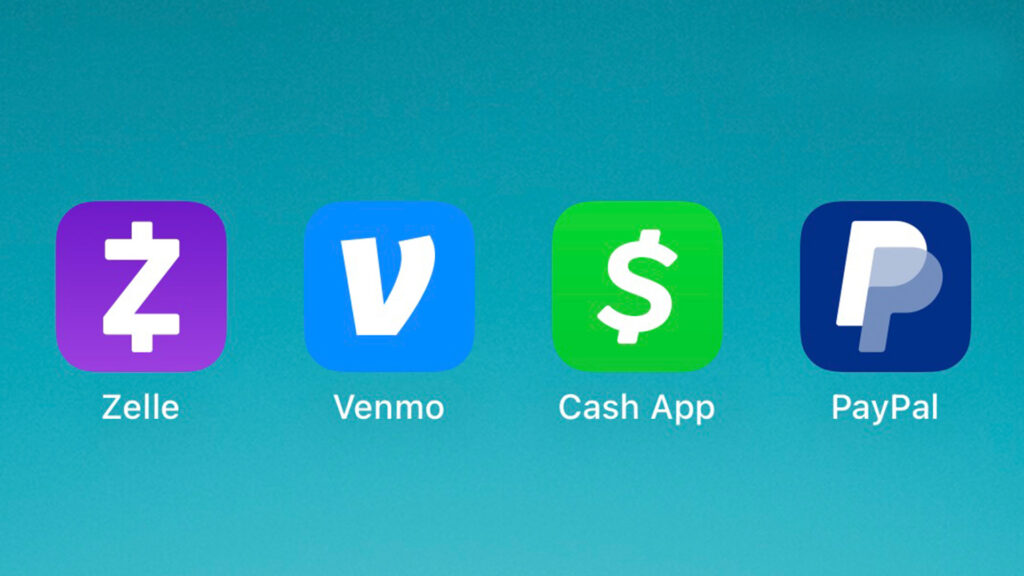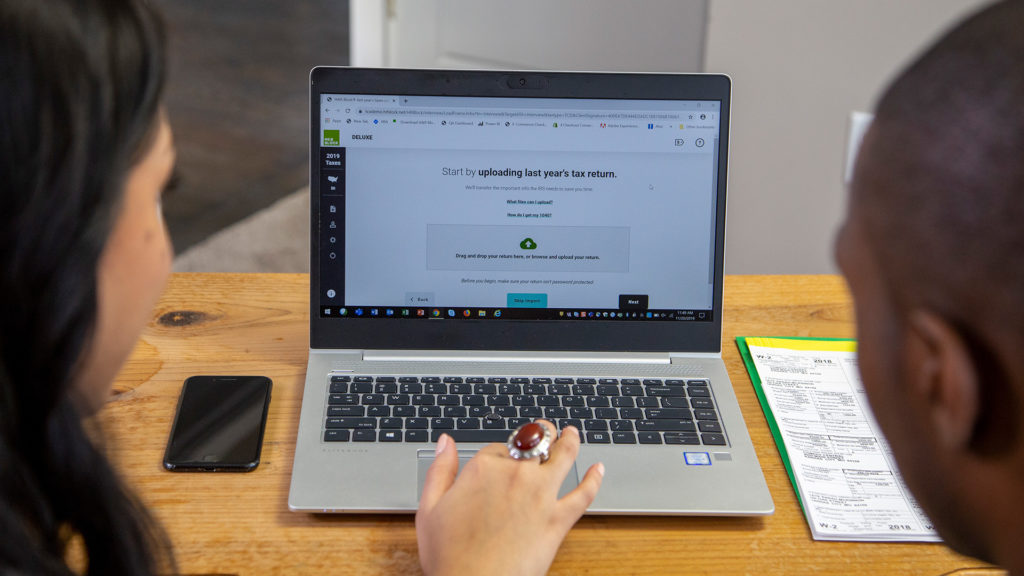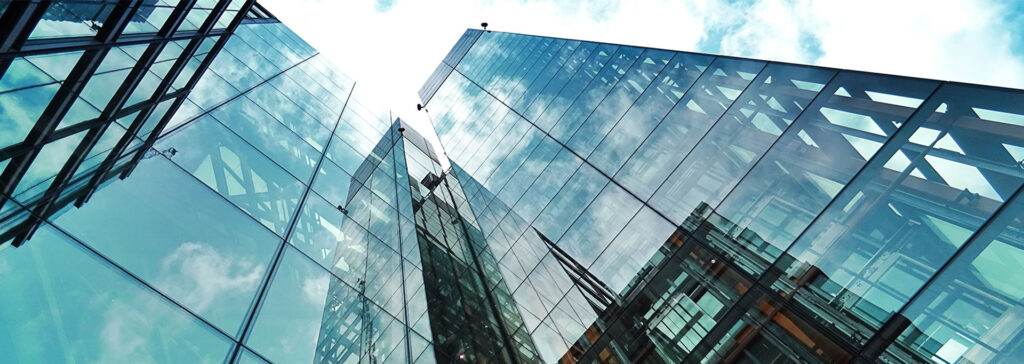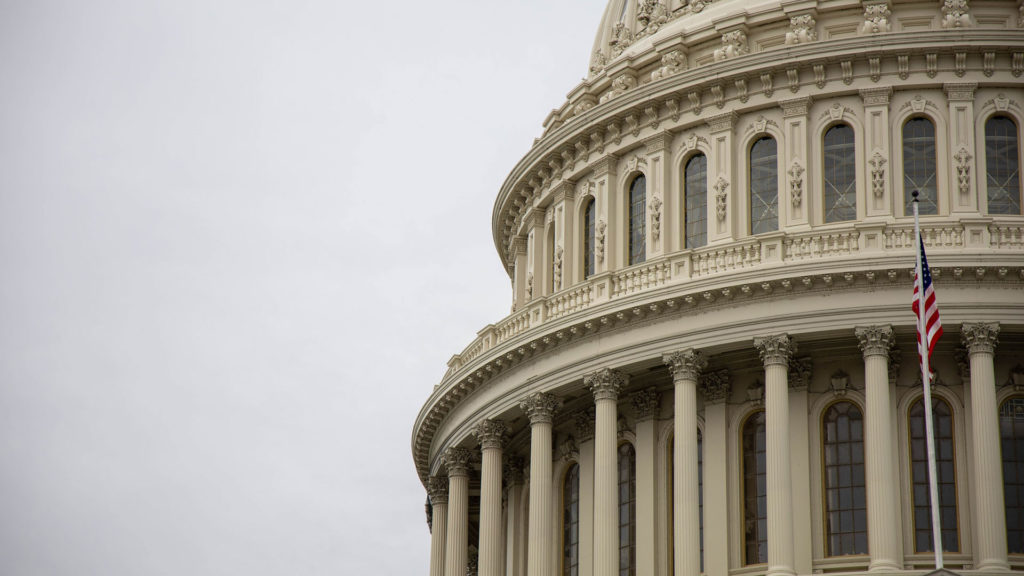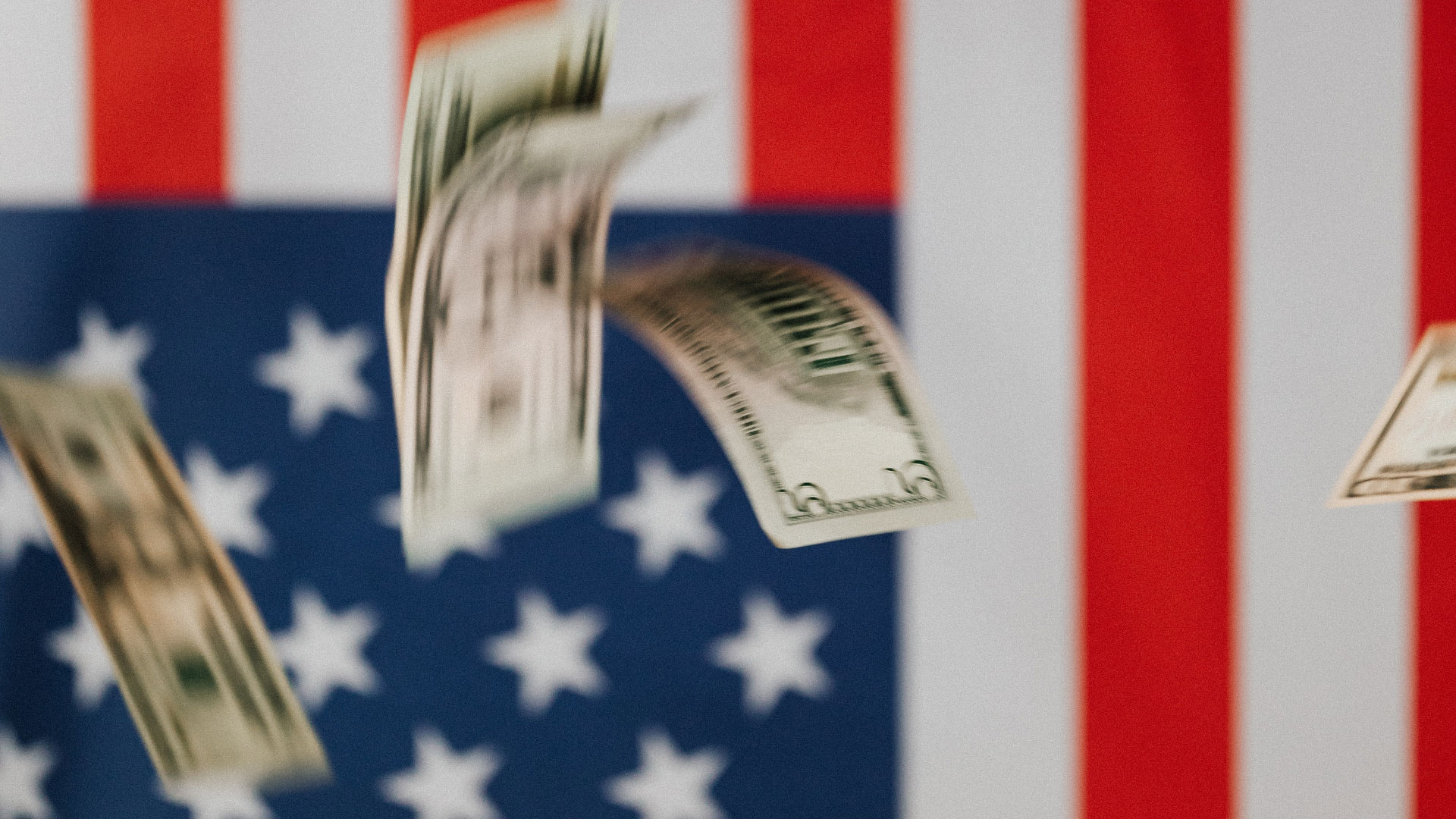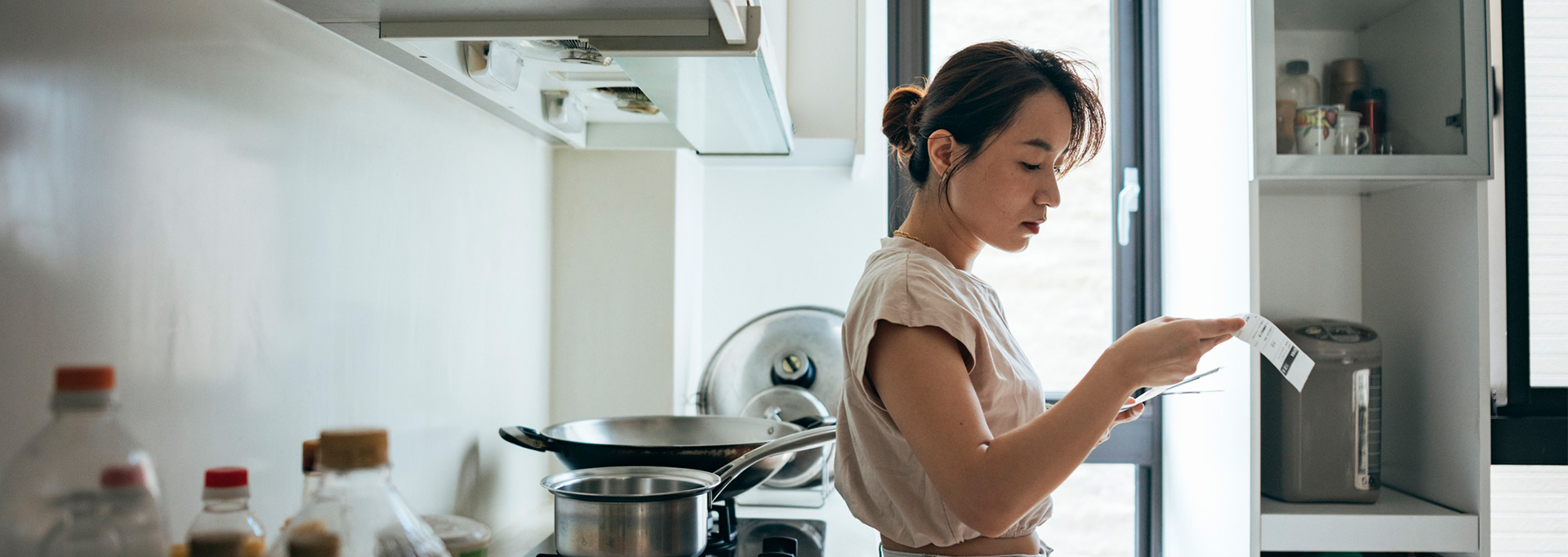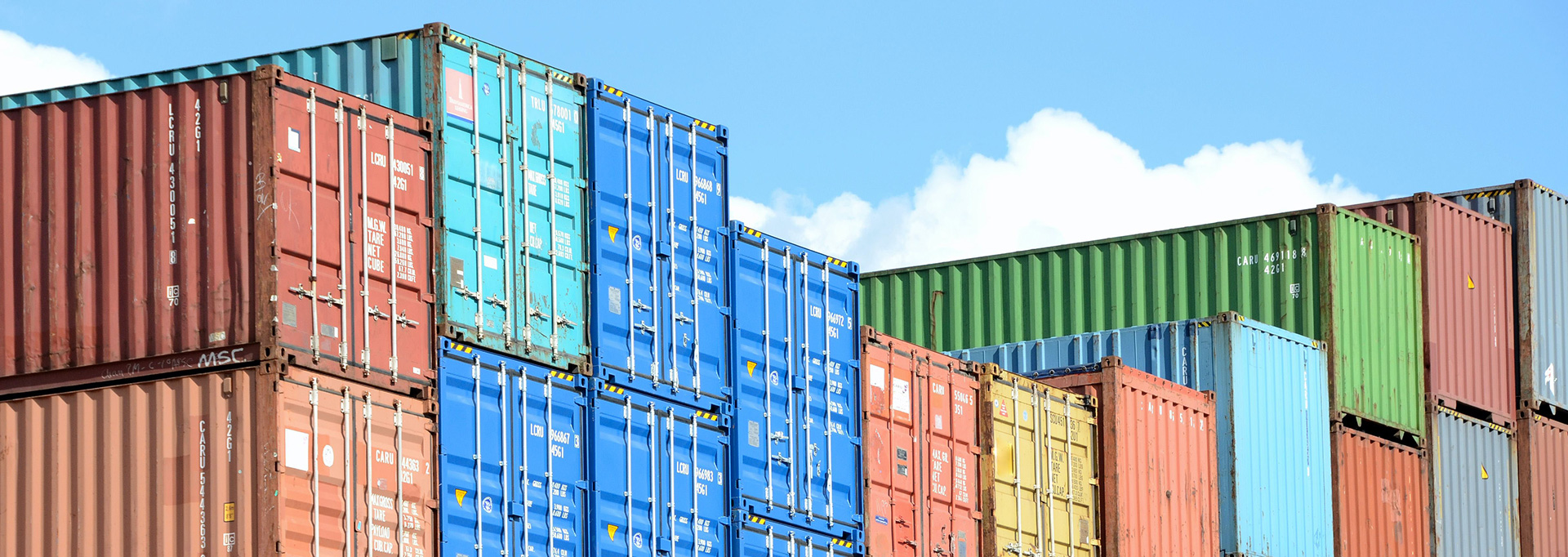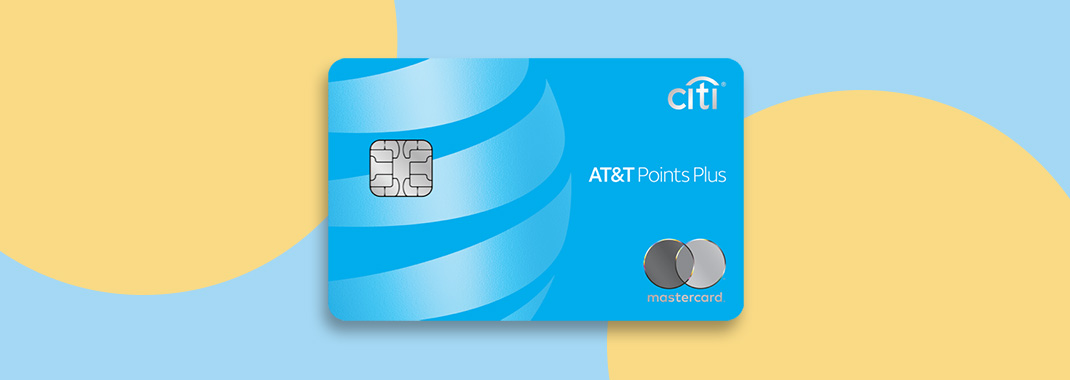Most products on this page are from partners who may compensate us. This may influence which products we write about and where and how they appear on the page. However, opinions expressed here are the author's alone, not those of any bank, credit card issuer, airline or hotel chain.
Inflation just hit a 40-year high and most people have experienced its effects first-hand at gas stations, grocery stores, coffee shops and everywhere in between. Whether you’re buying a new car or simply doing a grocery run, you’re likely paying at least 7.9% more. These price hikes are so substantial that Bloomberg estimates the average family will need an extra $5,200 this year to cover rising costs. Know which items will face the most significant price hikes so you can budget effectively.
Quick Tip
The Bureau of Labor Statistics (BLS) Consumer Price Index (CPI) report outlines the product categories most impacted by inflation, making it a great resource.
We’ve summarized the categories with the highest price percentage increases and how to get around them. But first, let’s take a look at the basics of inflation and what might be causing it.
What Goods Are Most Affected by Inflation?
Based on the Consumer Price Index, the goods most affected by inflation include those with the highest demand and shortest supplies. It’s no surprise that cars, gas prices and grocery purchases have experienced the highest price hikes. Here’s a look at how much those prices have increased and what you might be able to do to save on these purchases:
1. Used Cars and Trucks - 41.2%

Car and truck prices began increasing in 2020 due to the global microchip shortage, but inflation has only exacerbated the problem. According to the CPI report, new car prices are up 12.4% compared to last year, though that’s not the worst of it. This new vehicle inventory shortage has increased used car and truck prices by 41.2% compared to previous years.
Experts predict this will continue well into 2022. If you can hold off on buying a car, economists expect the microchip shortage to subside in the second half of 2022 and for prices to stabilize in 2023.
With more companies adopting remote work as a long-term option, employees have more space to cut down on their vehicle dependency than ever. Not to mention, apps like DoorDash, Instacart and Uber make it possible to get by without a car in many cities. If you can cut back on driving without incurring higher costs in other categories, that might be worth exploring over absorbing higher vehicle costs.
2. Gas - 38%
Gas is not only one of the largest consumer spending categories but also one of the most affected due to rising inflation. While gas prices have been in the news due to a 38% hike, transportation costs are up all around. In fact, public transportation will cost you 8.3% more this year than last, while airline fares are up 12.7%.
The war in Ukraine has exacerbated the gas crisis, with sanctions against Russian imports reducing the crude supply by 8%.
Gas is another area where gas rewards credit cards can help take the sting out of high prices. Meanwhile, apps like GasBuddy can help you find the lowest prices at the pump.
3. Hotels and Motels - 29%

Between the financial constraints of the pandemic and now rising inflation, the travel industry has taken quite a hit over the last two years. The result of that is rising prices, especially in the hotel sector. Hotel and motel rates have increased 29% this year, a staggering number even as tourism increases.
A great way to combat these rising prices is by picking up a hotel credit card. These cards offer bonus points and free night awards that you can use to reduce your travel expenses.
 Related Article
Related Article
How I Always Avoid Resort Fees at Hotels
4. Energy - 25.6%
While the UK energy crisis has been making headlines, the situation stateside is quite dire on its own. Fueled by inflation, energy prices are up 25.6% this year.
5. Admission to Sporting Events - 20.9%

After a nearly two-year hiatus, sporting events are welcoming in-person audiences. This has resulted in a 20.9% hike in admission prices. While COVID is sure to blame for part of this hike, inflation also contributed to its rise.
6. Groceries - Up to 18.8%
If you’ve been to a grocery store lately, you may have already experienced the sticker shock caused by inflation. Meat, poultry, fish and eggs have seen a collective price hike of 13%, while bacon products are up 18.8%. Fat, oil and peanut butter will cost you 15.6% more this year, while bread has seen a substantial price increase of 12.7%.
The cost of eating healthy is going up this year, with a 7.7% price hike for fruits and vegetables. These prices are substantial for the average American family. One way to combat these expenses is with a cash-back credit card that offers accelerated rewards on grocery spending.
Extreme couponing remains a niche (yet effective) way to bring grocery expenses down in light of rising inflation. Savvy consumers can save 90% on their grocery bills through strategic couponing.
7. Furniture and Bedding - 17.1%

Between the global supply chain shortage and rising inflation, you can expect to pay 17.1% more for furniture and bedding in 2022. Most of us don't make these aren’t purchases very often, so they’re easily avoidable.
Aside from avoidance, you can cope with this price hike by combining a cash-back portal with credit card rewards to bring down the cost.
8. Rent - 4.2%
At 4.2% the increase on rent may not seem high, but it can translate to a substantial expense in high-priced markets. On a $2,500 monthly rent, that translates to an extra $1,260 per year. That’s a significant increase considering all the other cost of living upticks.
Bottom Line
Rising inflation is a problem that will likely take a few years to subside. In the meantime, you can fight some higher prices by leveraging your rewards credit cards, shopping portals and creative couponing methods. It’s not ideal, but it can help make the price hikes more manageable.
Frequently Asked Questions
-
Inflation refers to the rise in the price of goods and services. Average inflation is about 2%, though the U.S. faces a record 7.9% inflation rate this year.
-
Inflation is caused by several factors, including a rise in production costs, a shortage of products and growth in the money supply. All three of these factors have been at play since the pandemic's start. Add in the global supply chain storage, rising gas prices, the war in Ukraine and you have unprecedented increases in consumer goods prices.
Economists are in disagreement over what caused the currently high inflation rate. Some argue that it’s due to the stimulus checks handed out during the pandemic, while others blame corporate greed and poor infrastructure. Regardless of “who” is to blame, economists agree that the pandemic and war in Ukraine have contributed to and exacerbated the current inflation problem.
-
In an effort to combat high inflation, The Federal Reserve recently increased interest rates. Economists speculate that inflation may continue to rise, before dropping when the pandemic subsides and the global supply chain shortage is resolved.
-
While there’s not much the average person can do to control inflation, there are ways to manage it. Mainly, you can tap into credit card rewards to generate cash-back on your purchases.
Another way to combat rising prices is to utilize shopping portals, which often tack on coupons alongside cash back rates. Head over to Cashback Monitor before shopping online and check the highest portal cash back rates. You might be able to save 7% or more at places like Nordstrom Rack and Amazon. Some retailers are even offering as much as 162% cash back. You read that right: Some shopping portals will reward you more than the amount you’re spending. All you have to do is use their link to make a purchase.
-
Used Cars and Trucks increased 41.2%; Gas increased 38%; Hotels and Motels increased 29%, Energy increased 25.6%; Admission to Sporting Events increased 20.9%; Groceries up 18.8%; Furniture and Bedding Is up 17.1%; Rent is up 4.2%.
